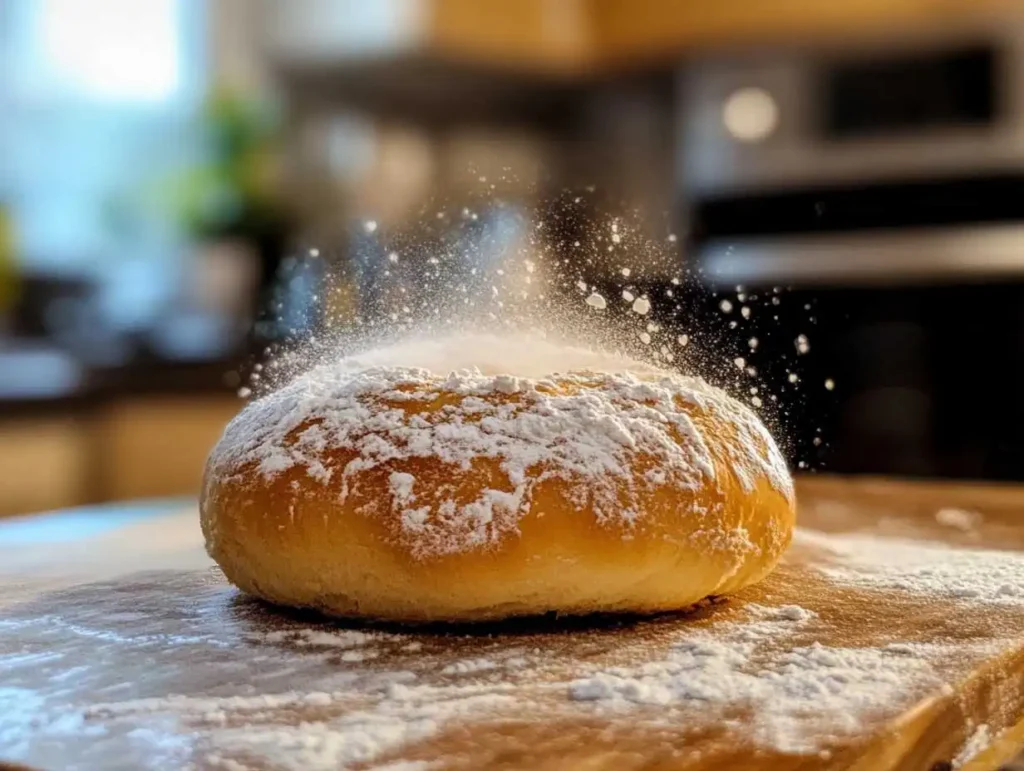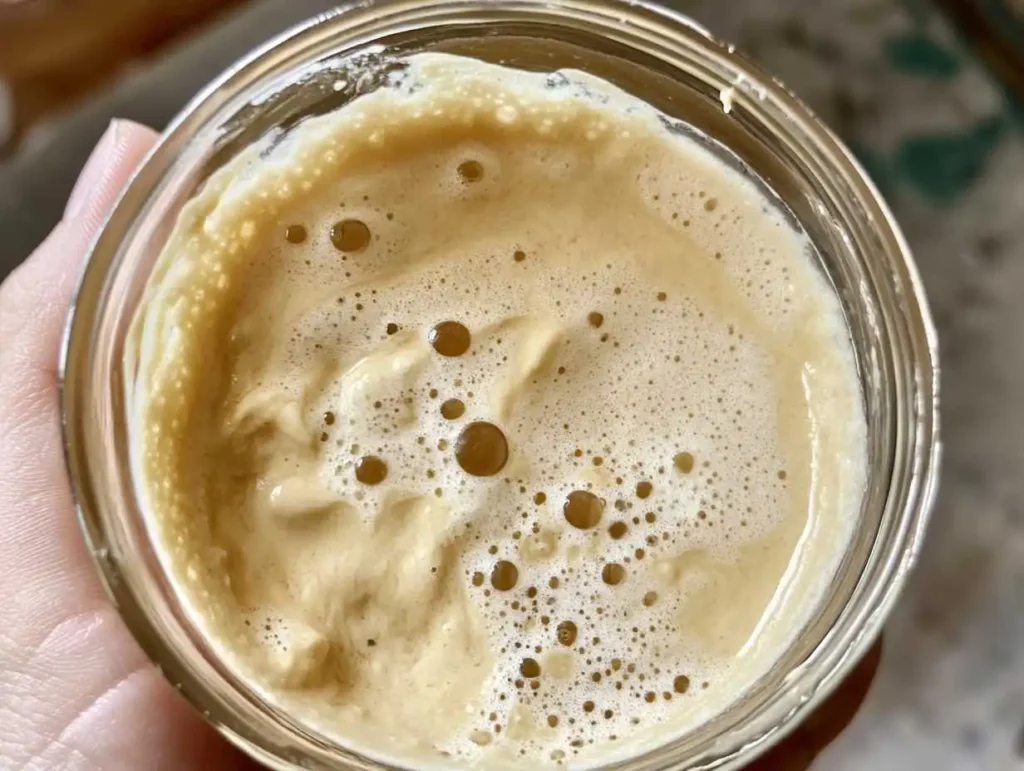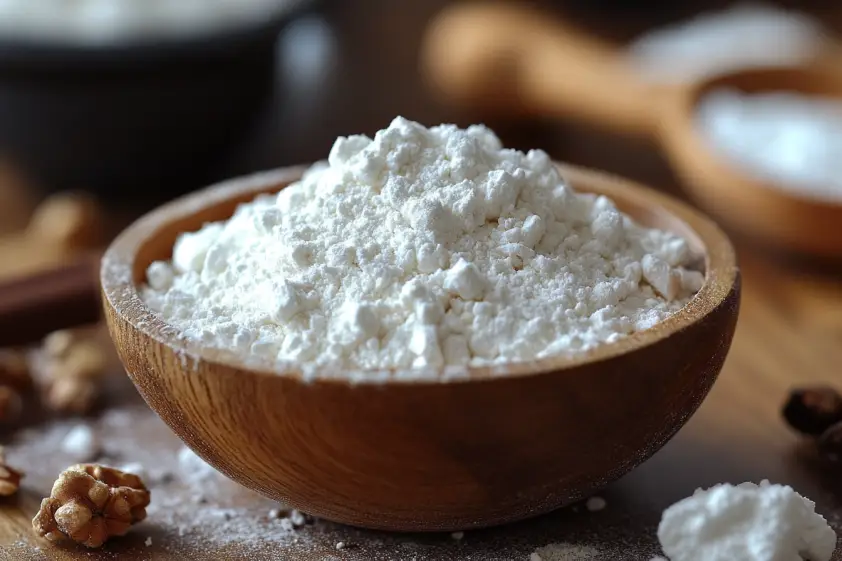Baking bread is one of the oldest and most rewarding culinary traditions. Whether you’re a seasoned baker or a beginner, you might wonder, will bread rise without baking soda? What happens if you forget to add it or don’t have it on hand? Will bread rise without baking soda, or will it turn out dense and heavy? Are there alternatives that can help you achieve the perfect rise?
This article explores whether bread can rise without baking soda, the science behind leavening agents, and the best alternatives for creating fluffy, delicious bread. By the end of this guide, you’ll understand the role of baking soda in baking and how to make bread successfully without it. If you’ve ever asked, will bread rise without baking soda? you’ll find your answers here.
For more expert baking guides and recipes, visit Sophie’s Recipes.
Table of Contents
The Role of Baking Soda in Bread
Baking soda, also known as sodium bicarbonate, is a common leavening agent that helps bread rise. When it reacts with acidic ingredients like buttermilk, lemon juice, or yogurt, it produces carbon dioxide gas. These gas bubbles create an airy and light texture in baked goods.
Without baking soda, bread may not rise as much, resulting in a denser loaf. However, many types of bread don’t require baking soda at all. Traditional yeast-based bread, sourdough, and some flatbreads use different leavening techniques.
Baking soda also affects the browning, flavor, and texture of the bread. It helps the crust develop a golden brown hue and can enhance the overall taste when combined with acidic ingredients.
Will Bread Rise Without Baking Soda?
The short answer is yes, but with adjustments. If you omit baking soda without replacing it with another leavening agent, your bread will likely be denser and flatter. However, there are several methods to ensure that your bread still rises and maintains a good texture.
How Leavening Works Without Baking Soda
Leavening occurs when gas is introduced into the dough, causing it to expand. If you remove baking soda, you must replace it with another agent that produces gas. Some alternatives include yeast, baking powder, sourdough starter, and even mechanical aeration techniques like whipping egg whites.
Looking for alternative leavening methods? Browse our ingredient substitution guide.
Alternative Leavening Agents for Bread
If you don’t have baking soda, don’t worry! There are plenty of substitutes that can help your bread rise. Here are the best alternatives:
1. Baking Powder
Baking powder is a great substitute because it contains both an acid and a base, meaning it doesn’t require an acidic ingredient to activate.

How to Substitute:
- Use 3 times the amount of baking powder as you would baking soda. For example, if a recipe calls for 1 teaspoon of baking soda, replace it with 3 teaspoons of baking powder.
Pros: Easy to use, doesn’t require additional acidic ingredients.
Cons: Can slightly alter the taste if overused.
2. Yeast
Yeast is a natural leavening agent that ferments sugars in the dough, producing carbon dioxide gas and alcohol. This results in a soft, airy bread texture.
How to Substitute:
- Replace baking soda with active dry yeast or instant yeast.
- Allow sufficient rise time; yeast takes longer than baking soda to work.
- Add a sugar source like honey or sugar to feed the yeast.
Pros: Provides excellent rise and enhances flavor.
Cons: Takes longer and requires proofing.
3. Self-Rising Flour
Self-rising flour is pre-mixed with baking powder and salt, making it an easy swap.
How to Substitute:
- Replace all-purpose flour with self-rising flour.
- Omit additional leavening agents (baking soda or baking powder) from the recipe.
Pros: Convenient and ensures even distribution of leavening.
Cons: May alter the salt content of your recipe.
4. Sourdough Starter
A sourdough starter is a naturally fermented mixture of flour and water that contains wild yeast and bacteria. It provides natural leavening and a unique tangy flavor.

How to Use:
- Feed the sourdough starter a few hours before baking.
- Adjust hydration and fermentation times as needed.
Pros: Produces great texture and flavor.
Cons: Requires maintenance and long fermentation times.
5. Whipped Egg Whites
For cakes, muffins, and quick breads, whipped egg whites can add lift.
How to Use:
- Beat egg whites until stiff peaks form.
- Gently fold them into the batter to introduce air pockets.
Pros: Creates a light, fluffy texture.
Cons: Not suitable for all bread types.
Bread Types That Don’t Need Baking Soda
Not all bread relies on baking soda for rising. Here are some examples:
- Yeast Breads – These rely on yeast fermentation for leavening.
- Sourdough Breads – Naturally fermented without chemical leavening.
- Flatbreads – Many types, like tortillas and naan, don’t require leavening.
- Unleavened Breads – Examples include matzo and chapati.
Check out our bread recipe collection for inspiration.
Final Thoughts & Conclusion
So, will bread rise without baking soda? The answer is yes, with the right substitutions. Baking soda is a helpful ingredient, but many alternatives can produce light, fluffy bread. Whether you use baking powder, yeast, sourdough starter, or another method, you can still create delicious homemade bread.
When choosing a substitute, consider the type of bread you’re making and the flavors you want to achieve. Some leavening agents, like yeast and sourdough starter, require extra time but offer a depth of flavor that baking soda cannot provide. Others, like baking powder or self-rising flour, work quickly and are convenient for those in a hurry.
Experimenting with different methods can open up new possibilities in your baking journey. You may find that some substitutes yield better textures and flavors than baking soda alone. If you’re used to quick breads, trying yeast or sourdough can introduce you to a whole new world of baking.
Key Takeaways:
✅ Baking soda is a leavening agent, but alternatives exist.
✅ Yeast, baking powder, sourdough starter, and self-rising flour are great substitutes.
✅ Each alternative has its benefits and considerations.
✅ Flatbreads and yeast breads don’t require baking soda.
✅ Experimenting with substitutes can lead to great discoveries in baking.
For more expert tips and delicious recipes, visit Sophie’s Recipes.
By following these insights, you can confidently bake without baking soda and still achieve excellent results. Have you ever baked bread without baking soda? Share your experience in the comments below!

